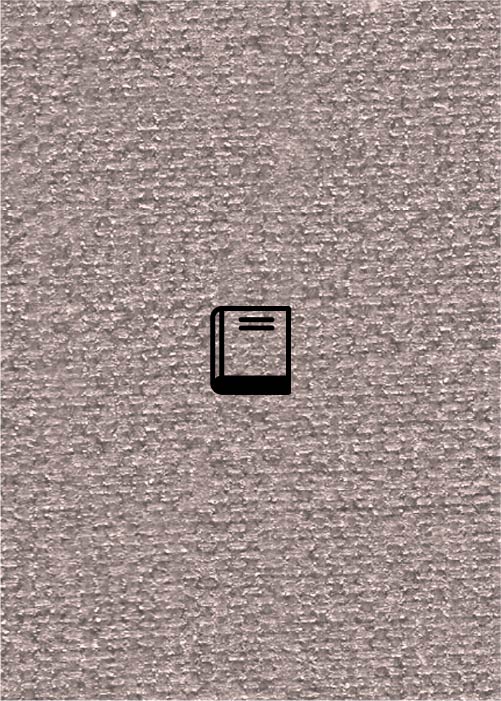(379 results found)

Musica Hebraica
… journal and it contained articles in Hebrew, English and German. … 4 … 36165 … Jerusalem … The World Centre for …

Der Jüdische Kantor, Zweimonatsschrift des allgemeinen deutschen
… A bi-monthly journal of the General Organization of German Cantors. Contained some important articles on nusah …

Brundibár: A Children’s Opera in Two Acts
… a booklet with the libretto in English, Czech, French, and German. … 7 … 36100 … New York … Arabesque … … 1996 … Opera …

Totentanz: Kabarett im KZ. Neckargemnd
… Jewish entertainers in concentration camps. … 7 … 36070 … Germany: … Edition Mnemosyne … … 2000 … Jewish … Holocaust … …

Hosanna or ‘Hilk, O Herr Uns’: National Identity, the German Christian Movement, and the ‘Dejudaization’ of Sacred Music in the Third Reich
… Outlines the efforts of government officials to “Germanize” and “dejudaize” the texts of sacred choral works, … a suggested reading list on the subject. … 2 … Music and German National Identity … Music and German National Identity … 36062 … 140-154 … Chicago … …

Driven into Paradise: The Musical Migration from Nazi Germany to the United States
… the experiences of musicians forced to leave Nazi Germany for racial, political, or professional reasons. … … Composers … 1999 … Music … Musicians … Holocaust … USA … Germany … Europe … Composers … Musician … Third Reich … Nazi Germany … Case studies … Performers … Fled … Musicologists … …

TheTarget of Racial Purity: The ‘Degenerate Music’ Exhibition in Dsseldorf, 1938
… Bibliographies Presents an overview of the history of German music from the end of World War I through the rise of … … Holocaust … Third Reich … Degenerate music … Nazi Nazis … German music … Nazism … Albrecht Dumling … TheTarget of …

The Destruction of a Cultural Tradition in Germany: Organs and Organ Music in the Synagogue
… … Tina Frühauf … The Destruction of a Cultural Tradition in Germany: Organs and Organ Music in the Synagogue …

The Inextinguishable Symphony: A True Story of Music and Love in Nazi Germany
… decision by the author’s father to return from Sweden to Germany in 1936 to be with the woman who would later be his … Symphony: A True Story of Music and Love in Nazi Germany …

Different Drummers: Jazz in the Culture of Nazi Germany
… H. Kater … Different Drummers: Jazz in the Culture of Nazi Germany …


